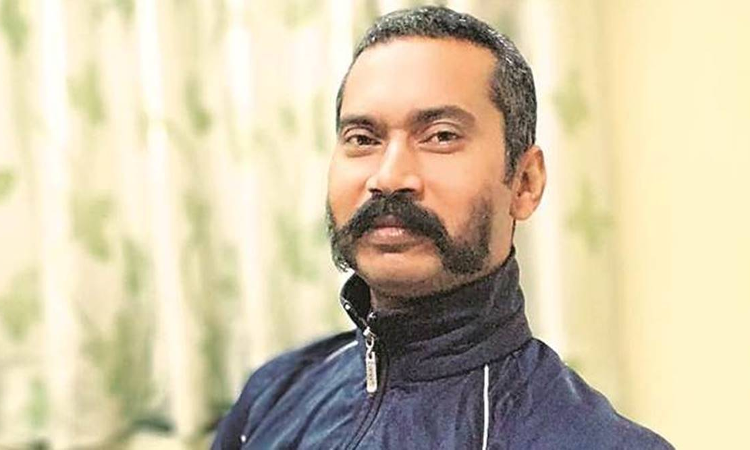Delhi Riots Did Not Take Place In Spur Of The Moment; Calculated Attempt To Dislocate Functioning Of Govt : High Court
Nupur Thapliyal
28 Sept 2021 11:55 AM IST

The court observed that there was a premeditated and pre-planned conspiracy.
Next Story
28 Sept 2021 11:55 AM IST
